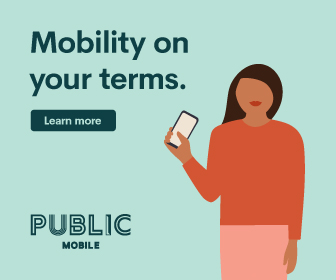Right after buying a home, you’ll need to incur other expenses such as buying furniture, making renovations, or just to have some petty cash in hand for the months after your purchase. To help you cover these expenses, some Canadian mortgage providers offer you a cash back rebate when you close the deal. While most providers may give you a cash advance of 5% of the mortgage amount, other lenders might have offers ranging between 1% and 7%.
The True Cost of a Cash Back Mortgage
Should you opt for a cash back mortgage, you can expect to pay a fixed interest rate that is typically higher than the rates charged by standard mortgages. By charging a higher rate, your lender makes up for the cashback paid to you. For instance, if the 5-year fixed rate of interest on a mortgage with 1% cash back is 3.79%, the 5-year fixed rate of interest on a standard mortgage that has no cash back could be 3.25%.
When Does a Cash Back Mortgage Make Sense?
You need not pay any tax on the cash you receive on a cash back mortgage scheme. Further, you’re free to use it in any way you want. Here are some of the typical uses.
- For buying furniture
- For making renovations on the new property
- For covering regular expenses in the initial months after buying the home
- For covering expenses such as closing charges, land transfer tax, and legal fees, among others
- For paying off a debt that incurs high rates of interest
- For placing in a savings account
- For investment purposes
Breaking a Cash Back Mortgage Term Early
While you do have to pay a higher rate of interest on the cash back mortgage, you should be aware of another negative. In the event you decide to break the mortgage term ahead of the due date or choose to refinance, you’ll have to repay the cash back you received. Individual lenders may require that you repay the rebate in part or in full according to their lending and mortgage terms and policies. Here’s an example:
You enter into an agreement with a provider in which the 5-year cash back mortgage amount is for $300,000 in which the rate of interest is 5.34% with a cash back facility of 5%. Accordingly, you’ll receive a $15,000 cash rebate. At the end of year 3 of your agreement, you may decide to break the mortgage. In that case, you may have two options:
- If the terms of your agreement require you to pay back the whole sum, you’ll repay the entire $15,000 as a prepayment penalty.
- If the terms of your agreement require you to pay back a pro-rata amount, you’ll arrive at a figure after dividing the number of months remaining or 24 months by the number of months of your mortgage term or 60 months.
















